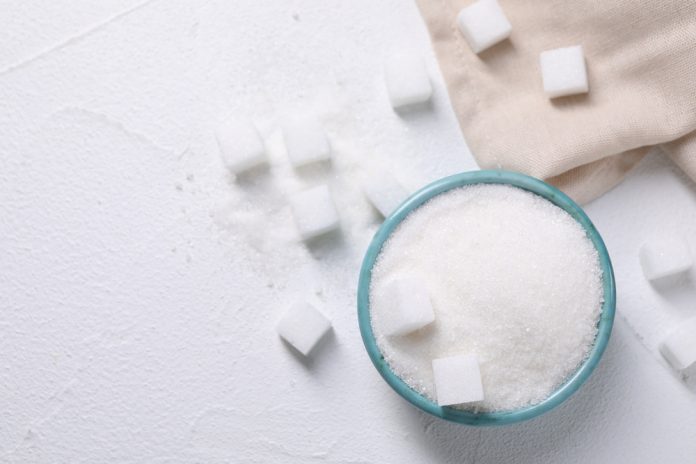The Australian Medical Association (AMA) has praised a federal parliamentary probe into diabetes which has recommended a sugar tax on all soft drinks to help address the nation’s obesity and diabetes rates. 
The AMA says the parliamentary inquiry into diabetes grasped an opportunity to recommend a tax on sugar-sweetened beverages, which could help prevent obesity and raise crucial funds to tackle chronic disease.
“A sugar tax would have a huge impact on Australia’s health system and the AMA’s modelling suggests a sugar tax could result in government revenue of $4 billion across four years, which could be used to fund further preventative health activities,” says AMA President Professor Steve Robson.
“We are 100 per cent behind this sugar tax on sugar-sweetened beverages because we know it could help reduce the prevalence of type 2 diabetes in Australia, as well as reducing other chronic diseases.
“Prevention is better than cure and this inquiry has realised we need to be ahead of what is a national health crisis.”
In September last year, the AMA appeared at the inquiry and encouraged the committee to consider the sugar tax to help curb chronic diseases, including type 2 diabetes.
Research shows a tax of this nature is estimated to result in 16,000 fewer cases of type 2 diabetes, 4,400 fewer cases of heart disease, and 1,100 fewer cases of stroke over 25 years. It is a simple but effective way to improve the lives of Australians.
“Our modelling shows we can prevent thousands of cases of diabetes if we act,” Professor Robson said.
Australians drink at least 2.4 billion litres of sugary drinks every year with the average 375ml can of soft drink containing about 12 teaspoons of sugar.
“We know sugar-sweetened beverages are a major contributor to the obesity crisis and provide almost no nutritional benefit,” he said.
“It’s astounding that Australians are drinking at least 2.4 billion litres of sugary drinks every year. That is enough to fill 960 Olympic-sized swimming pools.
“The evidence shows sugar taxes are effective, with more than 100 countries and jurisdictions implementing some form of tax on sugary drinks.”
The AMA also welcomed the committee’s recommendation of longer appointment times for GPs dealing with this complex disease.
“Doctors, especially GPs, have a vital role to play in terms of helping patients to manage risk factors, providing early intervention and ongoing treatment and we applaud the push for longer appointments subsidised by the MBS,” Professor Robson said.
“This allows our doctors to provide longitudinal care, which will make a difference in the management of the complexities of diabetes and associated conditions.”
Several recommendations from the inquiry are in line with the AMA’s calls for a re-directed focus on prevention of type 2 diabetes.
The inquiry also mirrored the AMA’s calls for regulating the marketing and advertising of unhealthy food, especially to children.
Professor Robson said an online marketing ban would help establish healthy food consumption habits from a young age.
“Eating habits start young, when kids are highly susceptible to marketing ploys,” he said.
“Limiting junk food advertisements and marketing is about nurturing health in our children, providing them with the opportunity to make healthy choices well into adulthood.”
The standing committee also recommended the AMA’s calls for food labelling reforms targeting added sugar to allow consumers to clearly identify the content of added sugar from front-of-pack labelling.
“Obesity and its health consequences is everyone’s issue,” Professor Robson said.
“It is a national epidemic, and these are welcome first steps to improving health outcomes for Australians.”








